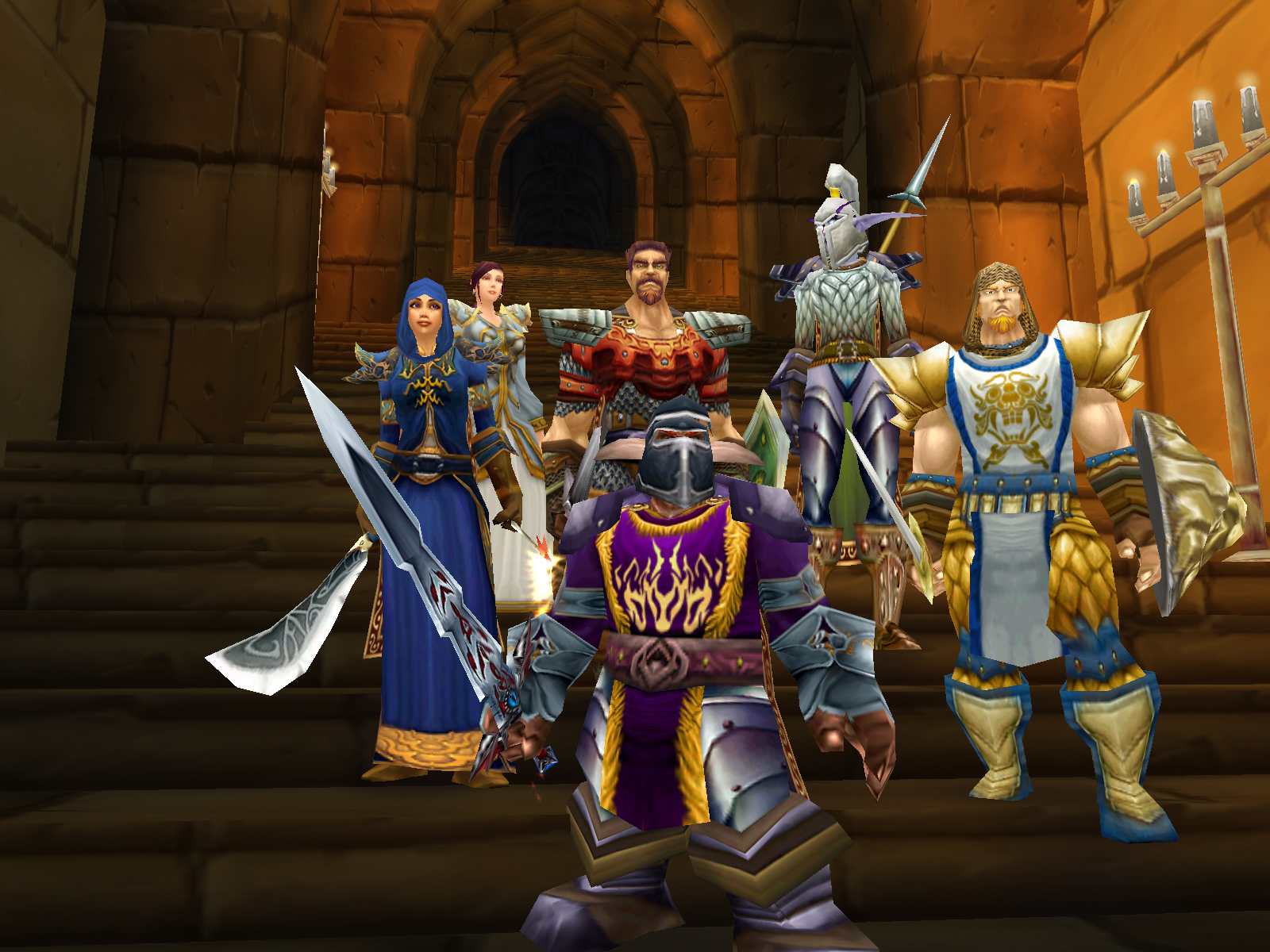![]() What do Facebook, cable companies, airlines and online tax returns have in common? They’re all about as likely to displease their customers.
What do Facebook, cable companies, airlines and online tax returns have in common? They’re all about as likely to displease their customers.
The American Customer Satisfaction Index, conducted by the University of Michigan’s business school, this year included social networks for the first time. Wikipedia and YouTube escaped with decent ratings — 77 points and 73 points out of 100, respectively — but Facebook fared poorly with 64 points. That puts the world’s most visited website in the bottom 5 percent of private sector companies in the survey.
Survey participants knocked Facebook’s endless interface tweaks, spam and the technology that controls news feeds, the Wall Street Journal reports. They were only somewhat concerned with privacy even though it was a hot topic a couple months ago, and they also named increased advertising as a source of dissatisfaction.
Interestingly enough, MySpace performed just about as poorly, with 63 points. MySpace has been losing unique monthly visitors for a couple of years, to the point that Facebook gets roughly double the traffic, according to comScore. I’d say that’s a cautionary tale for Facebook, except that MySpace’s rapid decay had as much to with competition from Facebook as general user dissatisfaction. At this point, Facebook’s worst enemy is itself.
There’s some evidence that the rate of Facebook sign-ups is slowing down, but only in the short-term. And an informal survey of Technologizer readers shows enough dissatisfaction that people are willing to pack up and leave the service. But where are those people going to go? Facebook can be replaced to some degree with a mish-mash of other services, like Twitter, LinkedIn and Flickr. Even so, those services won’t be comparable unless you can convince everyone to come with you.
Without an all-encompassing service that provides more satisfaction, Facebook can rest easy while it figures out how to better please its users. As Facebook spokesman Jonny Thaw stated to the Wall Street Journal, “We look forward to the next survey.”

 The
The 
 The
The 

